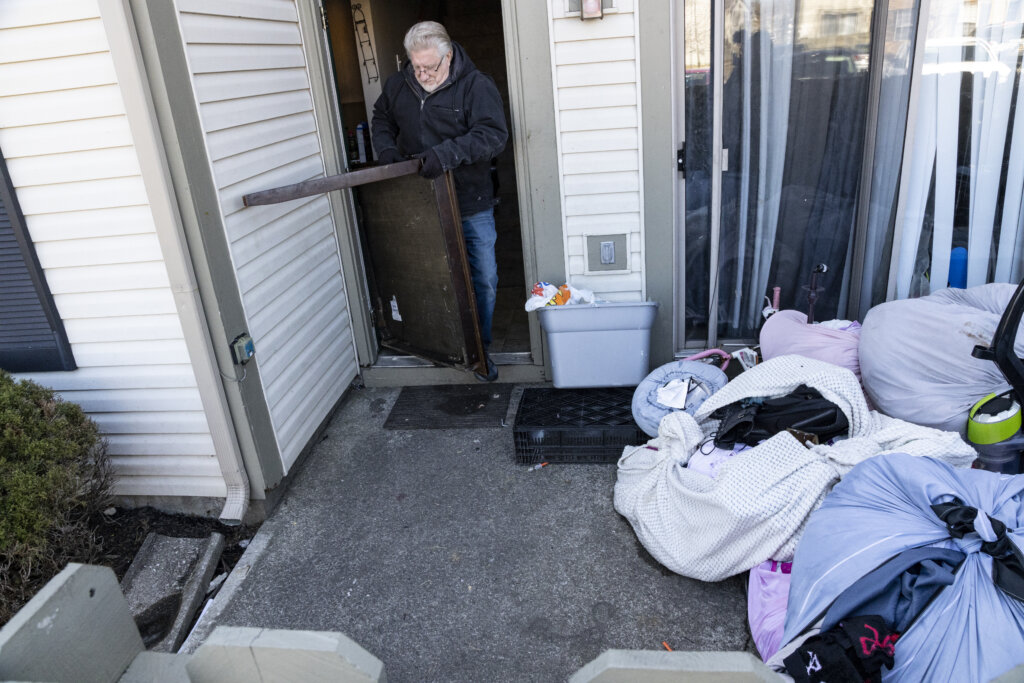Fiscal Fallout: California Confronts $300 Million Reimbursement Crisis

(PHOTO: House.gov)
Legislative Intervention: Demands for Reevaluation and Relief
According to Los Angeles Times, amid the fallout of the COVID-19 pandemic California cities and counties face a daunting fiscal challenge as they grapple with the prospect of shouldering more than $300 million in expenses incurred during the emergency response efforts. The crisis stems from a misunderstanding regarding the extent of federal reimbursement for homeless housing individuals under Project Roomkey. Initially, local officials believed that the Federal Emergency Management Agency (FEMA) would cover the costs of providing shelter without time limits only to discover later that FEMA had committed to reimbursing stays of up to 20 days. In response to FEMA’s reimbursement policy, concerned members of the Homeless Housing of California delegation, including Rep. Robert Garcia has called for answers. Garcia’s letter, co-signed by numerous Democratic members and one Republican urges FEMA Administrator Deanne Criswell to reconsider and reimburse cities struggling with budget shortfalls. Los Angeles, in particular, faces a significant deficit of $60 million exacerbating the existing financial strains.
READ ALSO: Georgia Legislators Act On Laken Riley Case – Threaten Sanctuary Cities’ Taxpayer Funds!
Navigating Federal Assistance: Challenges Amidst Homeless Housing Crises
The rift between California localities and FEMA underscores the broader challenges faced by communities nationwide in navigating federal assistance programs amidst unprecedented homeless housing crises. As municipalities await FEMA’s application decisions they brace for a potentially lengthy appeal and arbitration process further complicating efforts to address ongoing challenges including homeless housing. With trust eroding between local governments and federal agencies, the fallout from this reimbursement dispute threatens to have lasting implications for California’s recovery efforts and underscores the need for clearer guidance and communication in future emergency responses.

















































